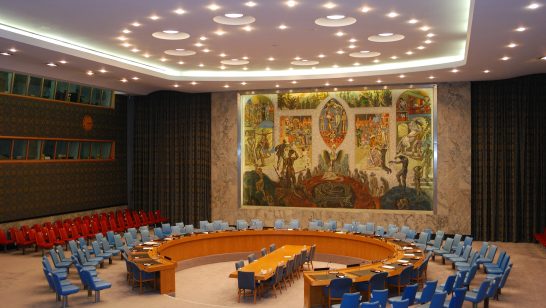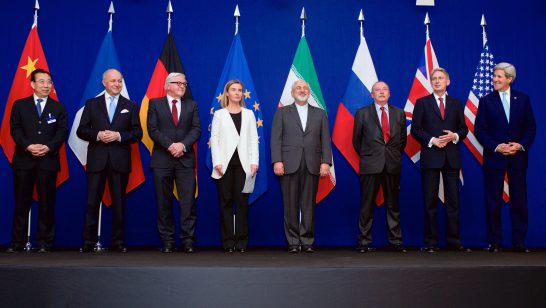
In the aftermath of the Vienna Conference on the Humanitarian Impact of Nuclear Weapons, two leading experts offer their thoughts and analysis to the European Leadership Network.
Waltzing in Vienna: The Humanitarian Initiative Takes Another Critical Step
Kjølv Egeland, Advisor, International Law and Policy Institute (ILPI)
“It is now high time to move from words to action” was how Sebastian Kurtz, the Austrian minister of Foreign Affairs, opened the Vienna Conference on the Humanitarian Impact of Nuclear Weapons on 8–9 December 2014. The Conference, organized in the historically monumental Hofburg Palace, was the third in a series of conferences devoted to deepening the international community’s understanding of nuclear weapons. But behind the Conference’s official purpose of fact-finding loomed the obvious question of what to do with the empirics collected in Oslo in March 2013 and Nayarit in February 2014: do the non-nuclear-weapon states have to wait for the nuclear-armed states to eliminate nuclear weapons, or can they engage in prohibiting nuclear weapons themselves?”
Read Kjølv Egeland’s full commentary here.
The “Austrian Pledge” on nuke elimination will make a difference
John Loretz, Program Director at International Physicians for the Prevention of Nuclear War
“The Austrian Pledge means that campaigners for a treaty banning nuclear weapons can now begin the real work of bringing willing states together around a political process to prohibit and eliminate the worst weapons of mass destruction ever created—and the only ones not subject to an explicit prohibition under international law.”
Read John Loretz’s full commentary here.
The opinions articulated above represent the views of the author(s), and do not necessarily reflect the position of the European Leadership Network or any of its members. The ELN’s aim is to encourage debates that will help develop Europe’s capacity to address the pressing foreign, defence, and security challenges of our time.




